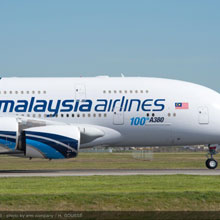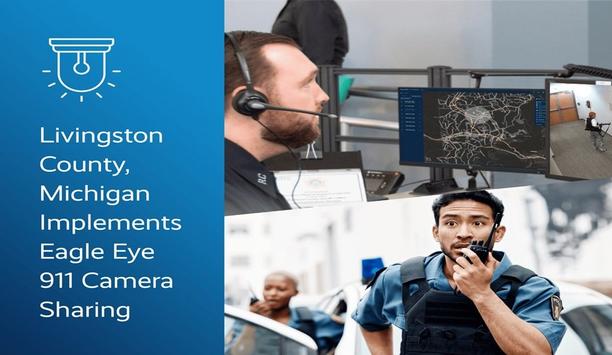 |
| The AC2000 security management system at the Airlines include DSC intrusion and American Dynamics’ DVRs |
CEM Systems, part of Tyco Security Products, is pleased to announce that the industry leading AC2000 security management system has been selected to secure the offices of the 5-star Malaysia Airlines.
Established more than 60 years ago, Malaysia Airlines flies to destinations across six continents. The airline has a long history of providing excellent service and has won over 100 awards in the last 10 years, including Asia’s Leading Airline. Malaysia Airlines required a security solution that was powerful yet reliable and could be integrated with a variety of systems to form a complete security management system (SMS).
“CEM has a long history of working with aviation customers to find the right solution to meet their specific needs”, said Andrew Fulton, Senior Director, Global Sales, CEM Systems. “We have maintained our position in the aviation market by continually developing AC2000 and by staying ahead of the industry. Malaysia Airlines key requirement was for one integrated security platform for access control, video and intrusion, as well as integration to an external visitor registration system.”
AC2000 met the requirements for high level integration using the AC2000 DSC SIA Intruder Interface and the AC2000 American Dynamics TVR video interface. These modules allow the AC2000 access control system to act as the security management system (SMS), with DSC intrusion and American Dynamics range of digital video recorders visible from one unified platform. The AC2000 AED (Alarm Event Display) application forms a single user-friendly interface were administrators can centrally monitor access control, intruder and video systems, all in real time.
“We have maintained our position in the aviation market by continually developing AC2000 and by staying ahead of the industry" |
In addition, an AC2000 Application Programming Interface (API) has been provided to allow the seamless integration of an external visitor registration system to the AC2000 system visitor’s module. This allows Malaysian Airlines to transfer critical data from an existing visitor system for operational efficiency.
The system at Malaysia Airlines also features the latest in web functionality with AC2000 WEB Visitors. The module provides a powerful web-based tool which can be used to monitor visitor access from any location. AC2000 WEB Visitors provides users with the ability add full details of a schedule visit including date, time, sponsor details and even a visitor image via a standard web browser.
Using industry leading technology, CEM has also provided Malaysia Airlines with a stable solution with a high level of redundancy. Server redundancy has been achieved using AC2000 Failover which provides a failsafe secondary server and the highest assurance of system reliability should communication be temporarily lost with the central AC2000 server.

















